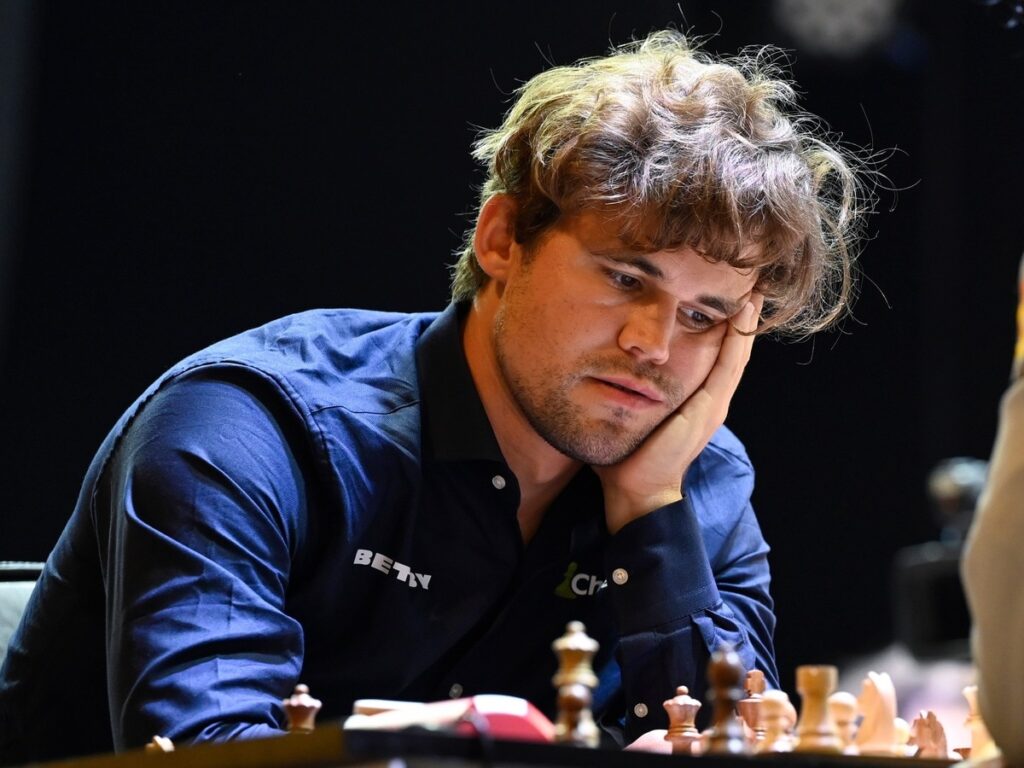In a surprising turn of events at the World Rapid and Blitz Championship 2024, the chess community was taken aback when acclaimed grandmaster Magnus Carlsen was disqualified. The reason for this unexpected decision stems from a rule violation regarding his attire, specifically his choice of wearing jeans during the tournament. This incident sparked discussions about dress codes in high-stakes chess competitions and the implications for athletes at all levels.
The Incident: What Happened?
During the prestigious World Rapid and Blitz Championship, Magnus Carlsen, a renowned chess player known for his exceptional skills and achievements, was disqualified due to his attire. Further investigation revealed that the tournament’s organizers have strict regulations concerning player uniformity and professionalism, which Carlsen inadvertently breached.
Understanding the Dress Code Rules
Dress codes in professional chess tournaments serve to uphold the integrity and decorum of the game. Below is a brief overview of the typical dress code norms stipulated by major chess organizations:
| Dress Code Rules | Description |
|---|---|
| Formal Attire | Players are often required to wear suits, ties, or formal shirts and trousers. |
| Uniforms | Organizers may provide specific uniforms for players to promote uniformity. |
| Avoid Distractions | Clothing that might divert attention or create distractions is typically prohibited. |
Magnus Carlsen: A Brief Profile
Magnus Carlsen is not only one of the strongest chess players of all time but also a cultural icon in the sport. His achievements include:
- World Chess Champion from 2013 to 2023
- Highest-ever FIDE rating of 2882
- Winner of multiple World Rapid and Blitz Championships
Implications of the Disqualification
This incident raises important questions about the rigidity of dress codes and their enforcement in professional settings. While rules are essential for maintaining standards, the severity of penalties can sometimes overshadow the true spirit of competition. Carlsen’s disqualification may serve as a wake-up call for organizers to reassess their dress code policies to strike a balance between maintaining tradition and accommodating personal expression.
Conclusion
Magnus Carlsen’s disqualification from the World Rapid and Blitz Championship 2024 highlights the importance of dress codes in professional chess. This incident not only impacts Carlsen’s career but also opens up broader discussions on how such regulations can be modernized. As chess continues to evolve, striking a balance between tradition and modernization is necessary to foster a more inclusive and engaging environment for players and fans alike.
